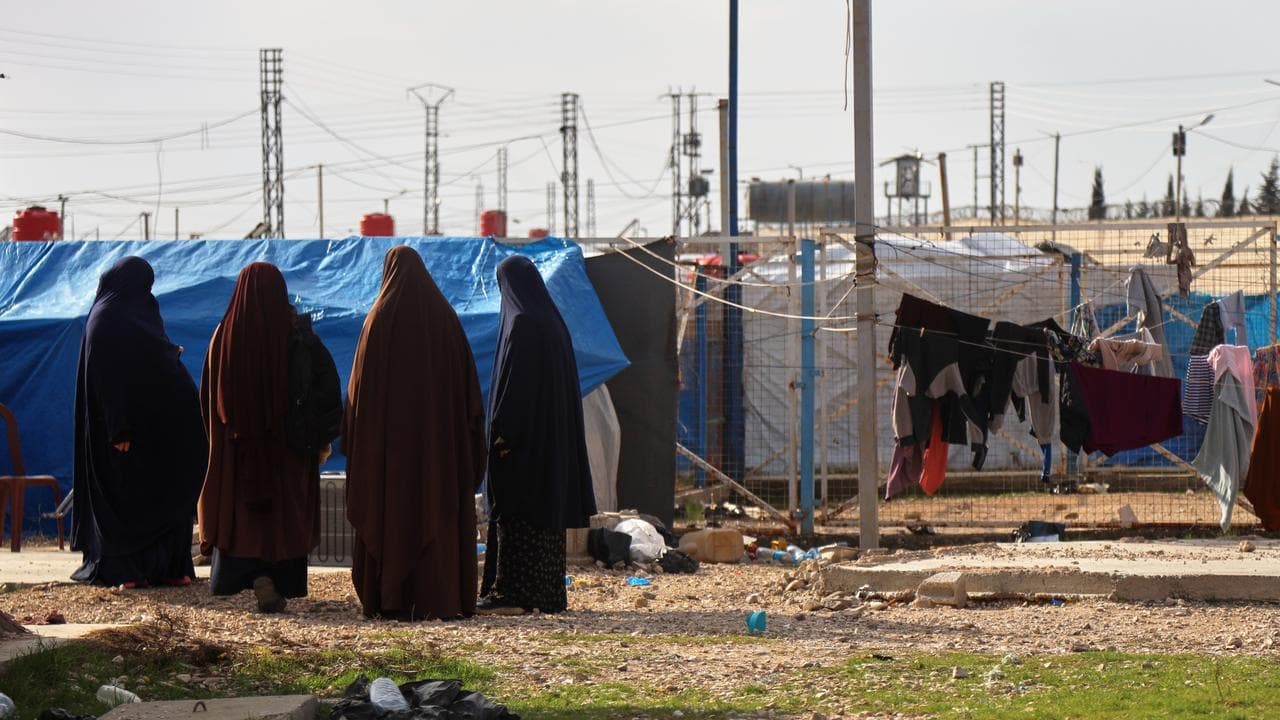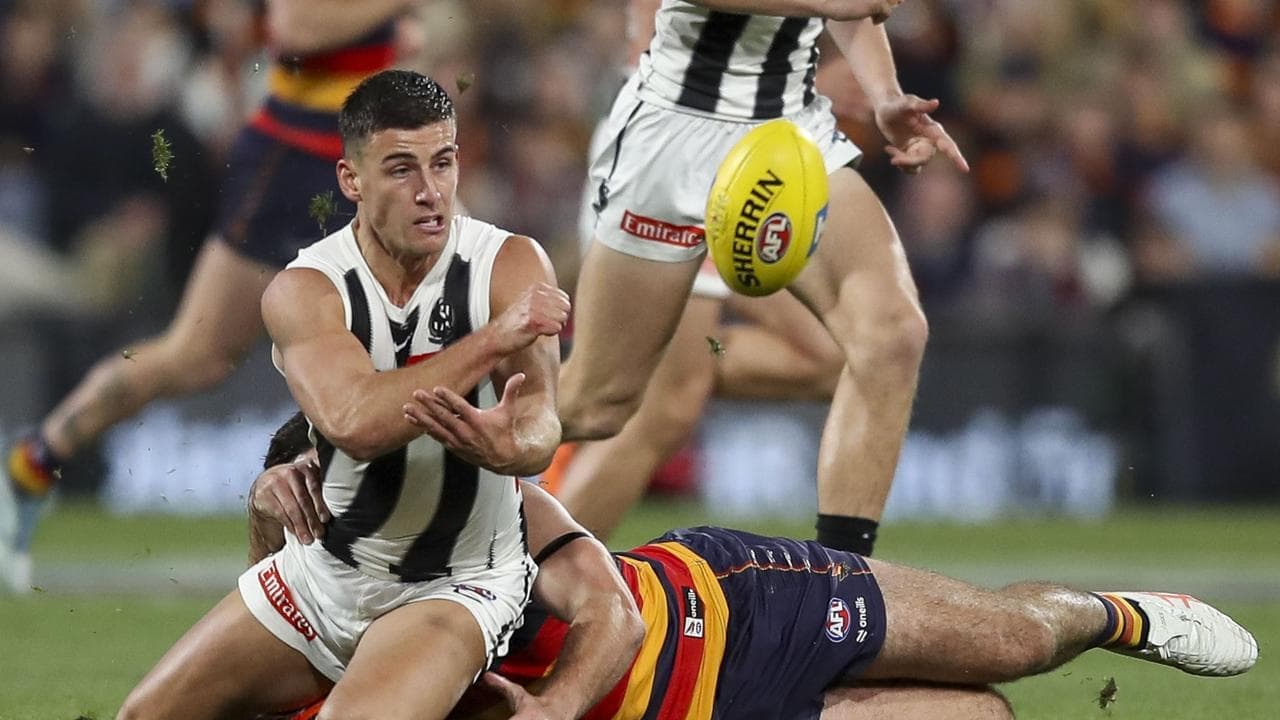WHAT WAS CLAIMED
Health department data reveals five children under the age of four have died from COVID-19 vaccines in Australia.
OUR VERDICT
False. There have been no reports of children under five dying after vaccination.
A vaccine sceptic's claim about children dying from COVID-19 jabs has been disproven by the very same dataset he uses to make his accusation.
It is being claimed Therapeutic Goods Administration (TGA) figures show five children under the age of four were killed by vaccines in Australia.
This is false. The TGA, Australia's health regulator, says it has not received a single report of children under five dying after COVID-19 vaccination, regardless of whether or not the death was directly caused by the jab.
The claim was made in a December 11 Facebook post in which the author questioned the safety and effectiveness of vaccination against the virus.

"(Former health minister) Greg Hunt told you it was safe and effective," the post says.
"Why have five kids under the age of four been reported as deaths from the COVID-19 vaccine in the TGA DAENS?"
DAENS (sic) refers to the TGA's Database of Adverse Event Notifications (DAEN).
The TGA uses DAEN as a surveillance system to monitor any health problems - also called 'adverse events' - associated with the use of approved medicines and medical goods in Australia.
Reports of possible health issues associated with a medicine or medical product can be made by anyone including members of the public, health professionals and pharmaceutical companies.
Adverse event reports are recorded in DAEN and used by the TGA to detect any unusual or unexpected patterns of adverse events.
However, when an adverse event is recorded in DAEN it does not necessarily mean the medicine or medical product was the cause. The issue may be related to an underlying illness or other factors or may have occurred coincidentally.

Vaccine sceptics often misuse DAEN data to claim high numbers of people are injured or killed by jabs, based on a false assumption that all post-vaccination injuries and deaths are directly caused by the shots.
AAP FactCheck has previously debunked such claims here, here and here.
The claim about five young children dying from COVID-19 vaccines is even easier to disprove.
Data from DAEN can be analysed by filtering the data online.
When selecting all COVID-19 vaccines and the age group "less than 5" (the youngest age group available in DAEN), the database returns 101 reports of adverse events, at the time of writing.
None of those 101 adverse events resulted in death.
In Australia, COVID-19 vaccination is generally recommended for people over five years of age and only recommended for children younger if they have specific needs or health risks, such as being immunocompromised.
The most common adverse events recorded for children under five who received a jab were "vaccination error", "product administered to patient of inappropriate age" and pyrexia (fever), according to DAEN.
The TGA confirmed to AAP FactCheck that no children under five had died following COVID-19 vaccination.

At the time of writing, the TGA said it had received and reviewed 1005 reports of deaths in people who have been vaccinated against the virus.
However, a TGA spokeswoman noted that only 14 of those were deemed likely to be related to vaccination and all 14 occurred in people aged at least 21 years old.
"Importantly, to answer the specific question, the TGA has not received any reported deaths for children under five," she told AAP FactCheck in an email.
The Verdict
The claim that health department data reveals five children under the age of four have died from COVID-19 vaccines in Australia is false.
Data about health issues reported to have occurred after vaccination can be viewed in the TGA's adverse events database, which is publicly available online.
The data reveals no children under five years of age have died following a COVID-19 vaccine in Australia.
False - The claim is inaccurate.
AAP FactCheck is an accredited member of the International Fact-Checking Network. To keep up with our latest fact checks, follow us on Facebook, Twitter and Instagram.












